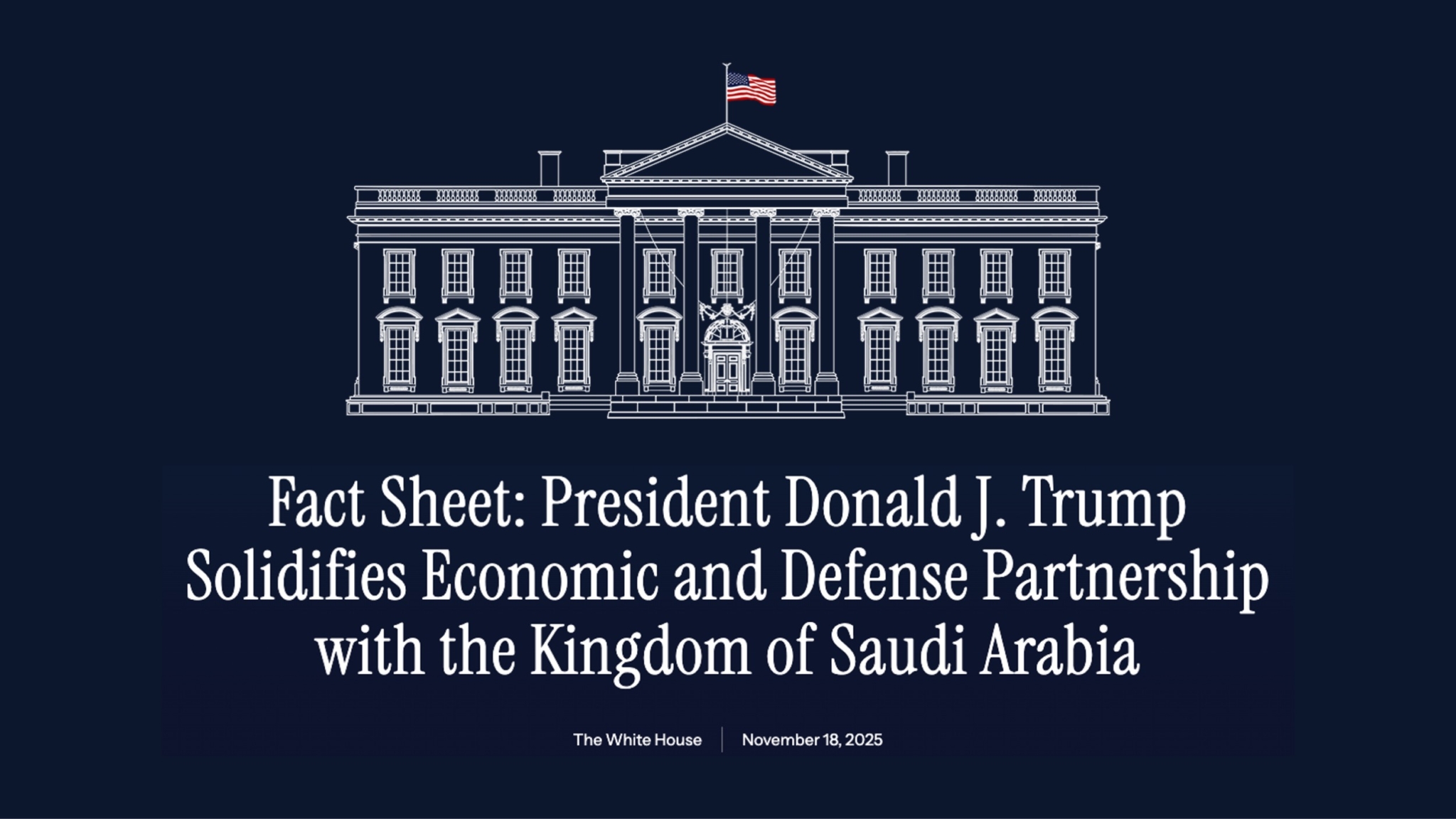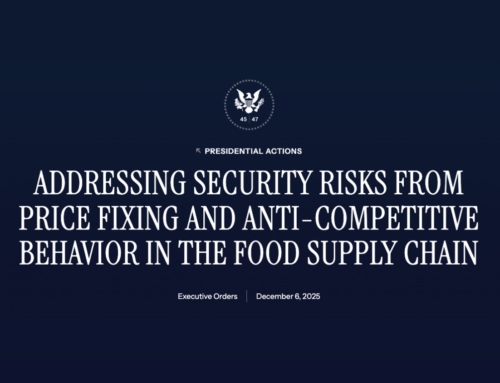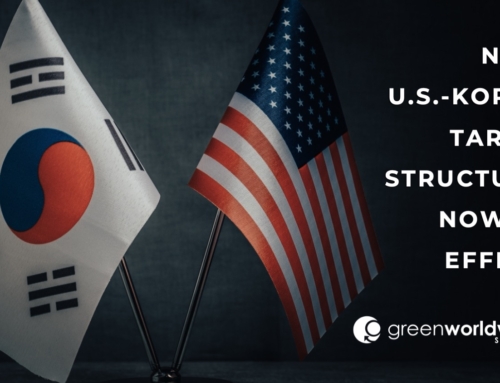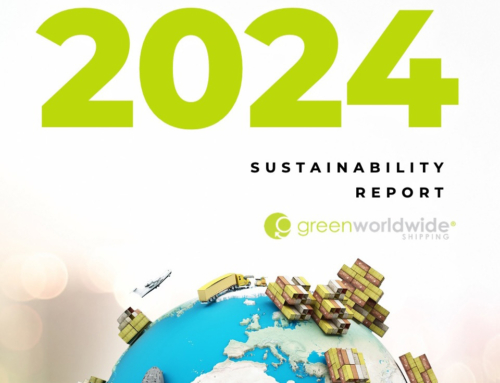The United States and the Kingdom of Saudi Arabia have finalized a series of agreements that expand bilateral cooperation across civil nuclear energy, critical minerals, defense, advanced technology, and investment. The agreements formalize a long-term strategic partnership built on industrial collaboration, security alignment, and supply network development. These engagements reflect ongoing efforts to strengthen regulatory coordination, promote shared nonproliferation standards, and support diversified sourcing for strategic materials and high-technology sectors.
READ THE FACT SHEET HERE: President Donald J. Trump Solidifies Economic and Defense Partnership with the Kingdom of Saudi Arabia
HOW DOES THE CIVIL NUCLEAR COOPERATION AGREEMENT SUPPORT LONG-TERM ENERGY DEVELOPMENT?
Negotiations on civil nuclear energy cooperation through a joint declaration has established the legal foundation for future commercial engagement. The agreement confirms that U.S. entities will serve as preferred partners for Saudi Arabia’s civil nuclear program and outlines cooperation aligned with nonproliferation commitments. The framework supports potential multi-decade program development and creates conditions for commercial participation through U.S. nuclear technology, engineering services, and fuel cycle collaboration.
HOW DOES THE CRITICAL MINERALS FRAMEWORK SUPPORT SUPPLY NETWORK RESILIENCE?
A new critical minerals framework expands coordination on essential minerals used in energy technologies, manufacturing, and advanced materials. The agreement aligns national strategies to diversify mineral sourcing and supports collaborative measures related to investment, processing capabilities, and cross-border supply routes. These efforts build on similar U.S. agreements with other trade partners designed to strengthen access to materials that support domestic production and industrial capacity.
HOW DOES THE AI MEMORANDUM OF UNDERSTANDING SUPPORT TECHNOLOGY AND DATA GOVERNANCE?
The countries’ signed a memorandum of understanding that broadens cooperation on artificial intelligence systems and related technologies. The agreement enables U.S. developers and technology providers to participate in AI initiatives in the Kingdom while establishing protections intended to prevent foreign influence over U.S. systems and safeguard intellectual property. The memorandum reinforces the role of U.S. technology standards in emerging digital infrastructure and supports coordination on responsible development practices.
HOW DOES THE STRATEGIC DEFENSE AGREEMENT INFLUENCE INDUSTRIAL COLLABORATION?
The U.S. and Saudi Arabia formalized a Strategic Defense Agreement that strengthens bilateral defense cooperation and supports regional deterrence. The agreement enables the United States and its partners to coordinate more closely on shared security interests and expands opportunities for U.S. defense firms to participate in long-term programs within Saudi Arabia. The package includes future equipment sales and industrial initiatives intended to build partner capacity while supporting the U.S. defense industrial base.
HOW DO NEW TRADE AND INVESTMENT AGREEMENTS SUPPORT MARKET ACCESS AND REGULATORY ALIGNMENT?
Saudi Arabia has announced increased investment commitments in the United States across infrastructure, technology, and industrial sectors. Engagement will continue on trade issues related to non-tariff measures, regulatory standards, and investment facilitation. The two governments reaffirmed their existing Trade and Investment Framework Agreement as a mechanism for ongoing coordination. A recent agreement on motor vehicle standards ensures that vehicles and parts meeting U.S. Federal Motor Vehicle Safety Standards will be recognized as compliant in the Kingdom. Additional agreements between the U.S. Treasury Department and the Saudi Ministry of Finance support collaboration on capital markets technology, regulatory alignment, and international financial coordination.
No implementation timelines or compliance guidances has been published in relation to these new trade frameworks.






